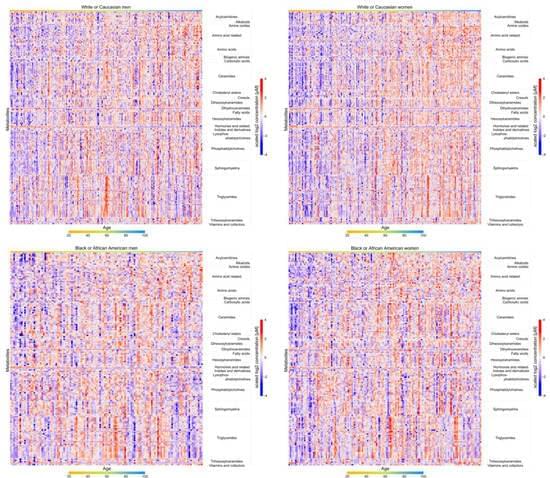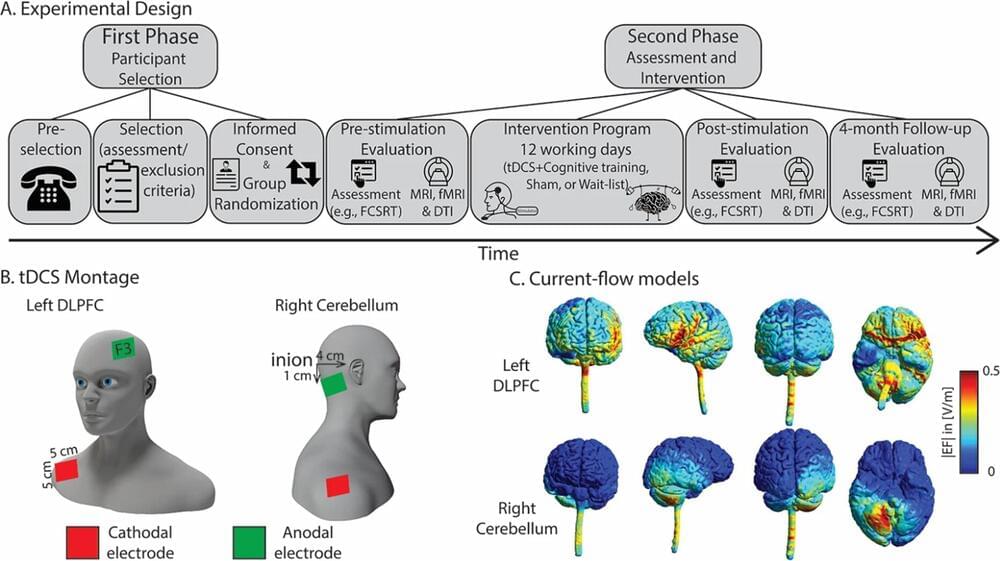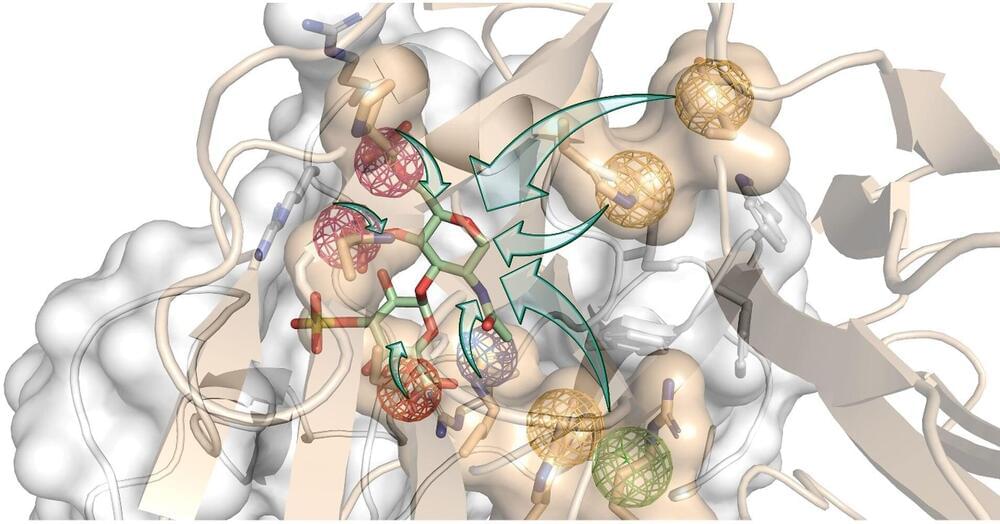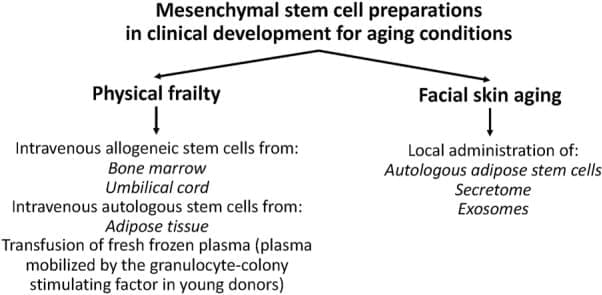Insulin-mTOR signaling drives anabolic growth in organismal development, while its late-life antagonistic pleiotropy affects aging and compromises lifespan across animal phylogeny. Here we identify LPD-3 as a megaprotein that orchestrates the tempo of insulin-mTOR signaling during C. elegans aging. We find that an agonist insulin INS-7 is drastically over-produced and shortens lifespan in lpd-3 mutants, a C. elegans model of human Alkuraya-Kučinskas syndrome. LPD-3 forms a bridge-like tunnel megaprotein to facilitate phospholipid trafficking to plasma membrane. Lipidomic profiling reveals increased abundance of hexaceramide species in lpd-3 mutants, accompanied by up-regulation of hexaceramide biosynthetic enzymes, including HYL-1 (Homolog of Yeast Longevity). Reducing HYL-1 activity decreases INS-7 levels and rescues the shortened lifespan of lpd-3 mutants through insulin receptor/DAF-2 and mTOR/LET-363. LPD-3 antagonizes SINH-1, a key mTORC2 component, and reduces protein abundance with age in wild type animals. We propose that LPD-3 acts as a megaprotein brake for aging and its age-dependent decline restricts lifespan through the sphingolipid-hexaceramide and insulin-mTOR pathways.
The authors have declared no competing interest.







